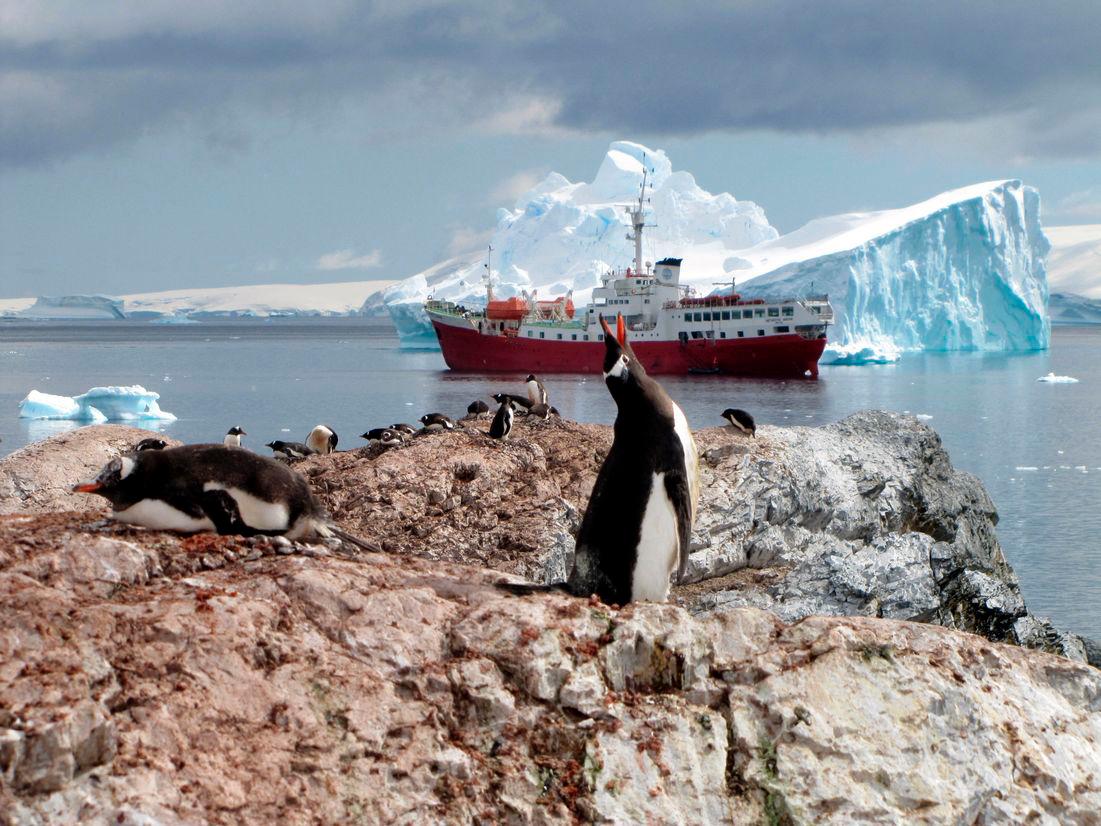PARIS: Emperor penguin populations in Antarctica have shrunk by almost a quarter as global warming transforms their icy habitat, according to new research Tuesday that warned the losses were far worse than previously imagined.
Scientists monitoring the world’s largest penguin species used satellites to assess sixteen colonies in the Antarctic Peninsula, Weddell Sea and Bellingshausen Sea, representing nearly a third of the global emperor penguin population.
The study, published in the journal Nature Communications: Earth & Environment, found that numbers declined 22 percent in the 15 years to 2024 for the colonies monitored.
That was “probably about 50 percent worse” than even the most pessimistic estimate of current populations using computer modelling, said Peter Fretwell, who tracks wildlife from space at the British Antarctic Survey (BAS).
“We’ve got this really depressing picture of climate change and falling populations even faster than we thought, but it’s not too late,“ said Fretwell, who led the study.
Researchers know that climate change is driving the losses, but the speed of the declines is a particular cause for alarm.









